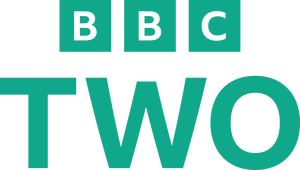
BBC Two
BBC Two TV Shows
1963 shows • Page 93 of 99
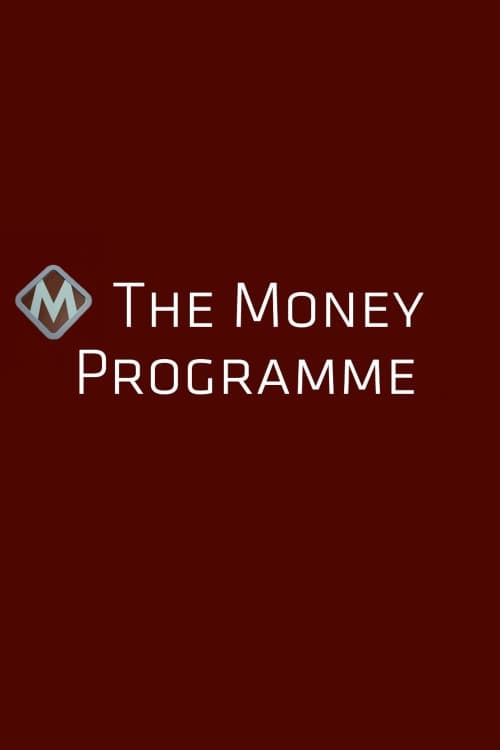
The Money Programme
Britain's most popular financial and business programme.
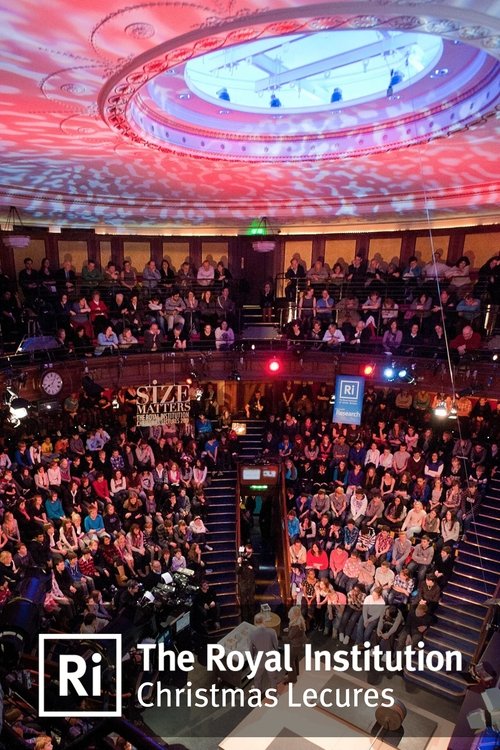
Royal Institution Christmas Lectures
The Royal Institution Christmas Lectures are a series of lectures on a single topic, which have been held at the Royal Institution in London each year since 1825. The lectures present scientific subjects to a general audience, including young people, in an informative and entertaining manner. Michael Faraday initiated the first Christmas Lecture series in 1825. This came at a time when organised education for young people was scarce. Faraday presented a total of nineteen series in all.
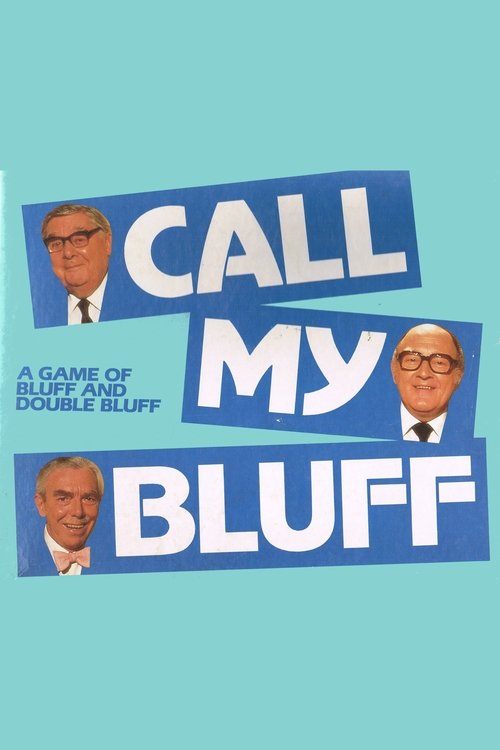
Call My Bluff
Two teams of three alternate between giving and guessing the meanings of obscure English words.
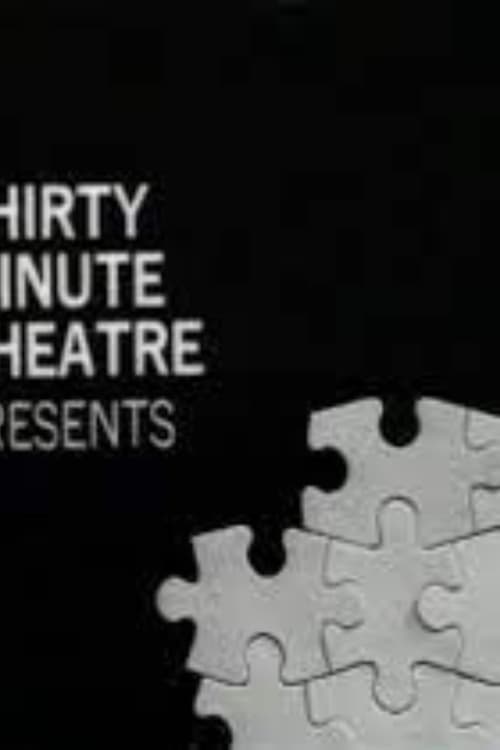
Thirty-Minute Theatre
An anthology of short plays shown on BBC Television between 1965 and 1973, used in part at least as a training ground for new writers, on account of its short length, and which therefore attracted many writers who later became well known.
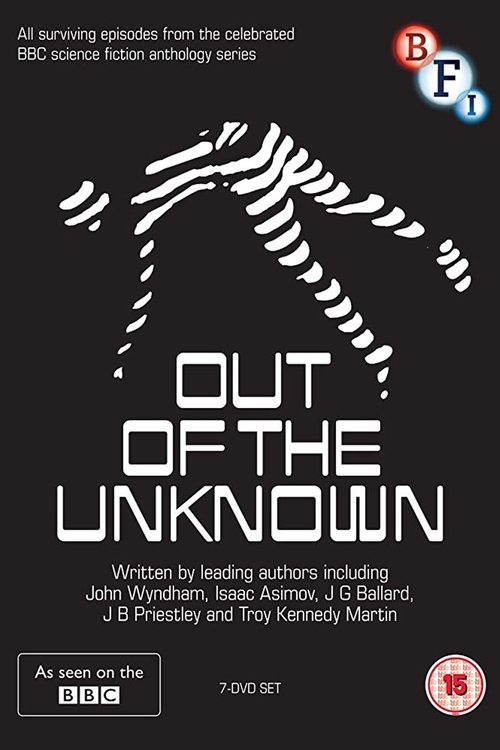
Out of the Unknown
Out of the Unknown is a British television science fiction anthology drama series, produced by the BBC and broadcast on BBC2 in four series between 1965 and 1971. Each episode was a dramatisation of a science fiction short story; some were created for the series, but most were adaptations of already published stories. The first three years were exclusively science fiction, but that genre was abandoned in the final year in favour of horror and fantasy. A number of episodes were wiped during the early 1970s, as was standard procedure at the time.
 0
0For Whom the Bell Tolls
For Whom the Bell Tolls is a British television series first aired by BBC in 1965, based on the novel by Ernest Hemingway. It stars John Ronane, Ann Bell, Julian Curry, Glynn Edwards and Joan Miller. The film was adapted for television by Giles Cooper and was directed by Rex Tucker. It consisted of four 45-minute episodes, the first of which aired on 2 October 1965. According to the BBC archives none of the episodes of the film still exist.
 0
0Gadzooks! It's All Happening
A music variety series, meant to be a sequel to The Beat Room (1964).
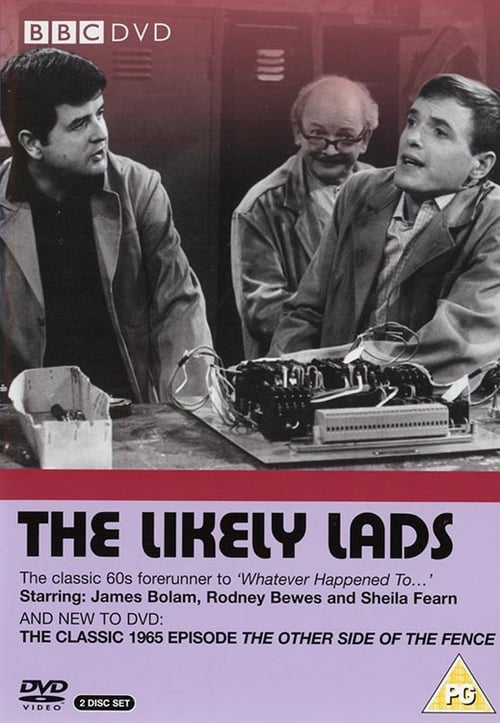
The Likely Lads
Terry Collier and Bob Ferris are good friends. Terry was working class and secure in his life, whereas Bob was more aspirational, determined to work his way to a better place. Both viewed the others' worldview with disdain, but they were united by events, generally revolving around the pursuit of women. Although 20 total episodes were filmed, only 10 are currently known to survive. There is one missing from the first season, three from the second, and six from the final run.

Not Only... But Also
Not Only... But Also is a 1960s BBC comedy series starring Peter Cook and Dudley Moore.
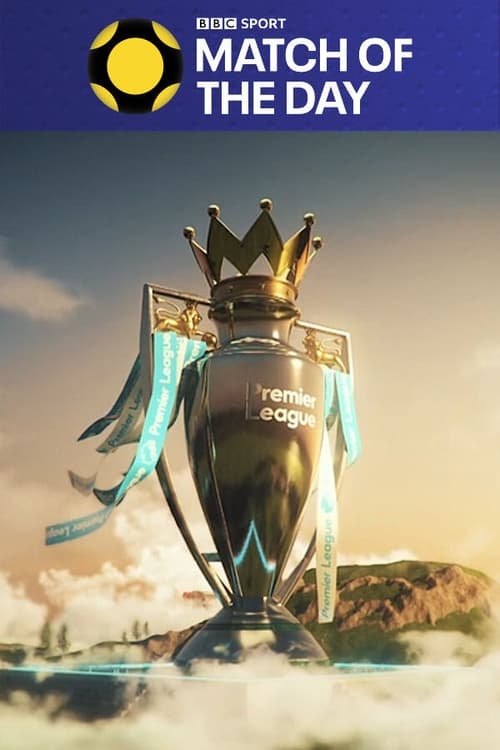
Match of the Day
BBC's football highlights and analysis. "The longest-running football television programme in the world" as recognised by Guinness World Records in 2015.
 0
0The Beat Room
A series of British television programmes presenting beat, rhythm and blues and other pop music.
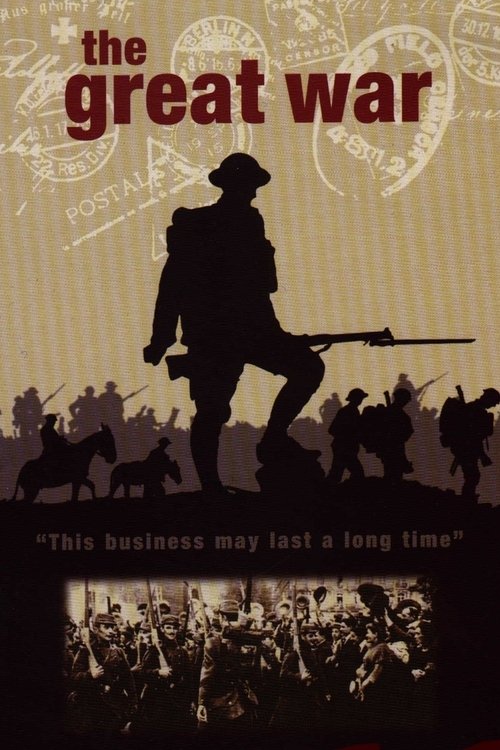
The Great War
A milestone 26-part history of the First World War, conceived to mark the 50th anniversary of its outbreak.

Theatre 625
Theatre 625 is a British television drama anthology series, produced by the BBC and transmitted on BBC2 from 1964 to 1968. It was one of the first regular programmes in the line-up of the channel, and the title referred to its production and transmission being in the higher-definition 625-line format, which only BBC2 used at the time.
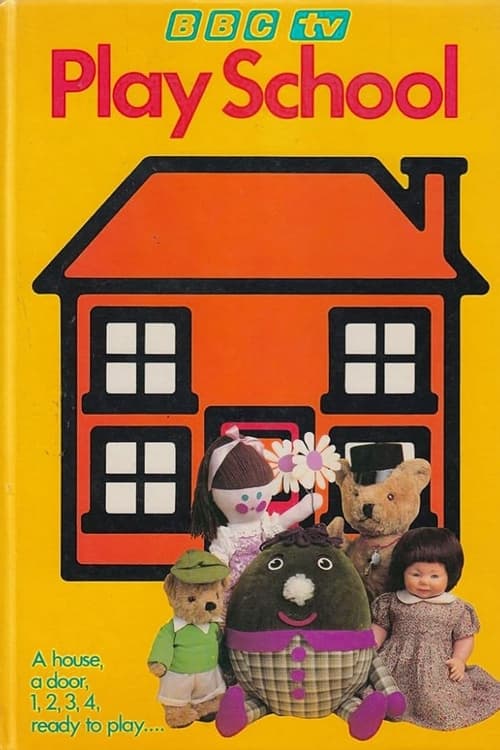
Play School
Play School is a British children's television series produced by the BBC which ran from 21 April 1964 until 11 March 1988. Devised by Joy Whitby, it accidentally became the first ever programme to be shown on the fledgling BBC2 after a power cut halted the opening night's programming. Play School originally appeared on weekdays at 11am on BBC2 and later acquired a mid-afternoon BBC1 repeat. The morning showing was transferred to BBC1 in September 1983 when BBC Schools programming transferred to BBC2. It remained in that slot even after daytime television was launched in October 1986 and continued to be broadcast at that time until it was superseded in October 1988 by Playbus, which soon became Playdays. When the BBC scrapped the afternoon edition of Play School in September 1985, to make way for a variety of children's programmes in the afternoon, a Sunday morning compilation was launched called Hello Again!. There were several opening sequences for Play School during its run, the first being "Here's a house, here's a door. Windows: 1 2 3 4, ready to knock? Turn the lock - It's Play School." This changed in the early seventies to "A house, with a door, 1 2 3 4, ready to play, what's the day? It's..." In this version blinds opened on the windows as the numbers were spoken.
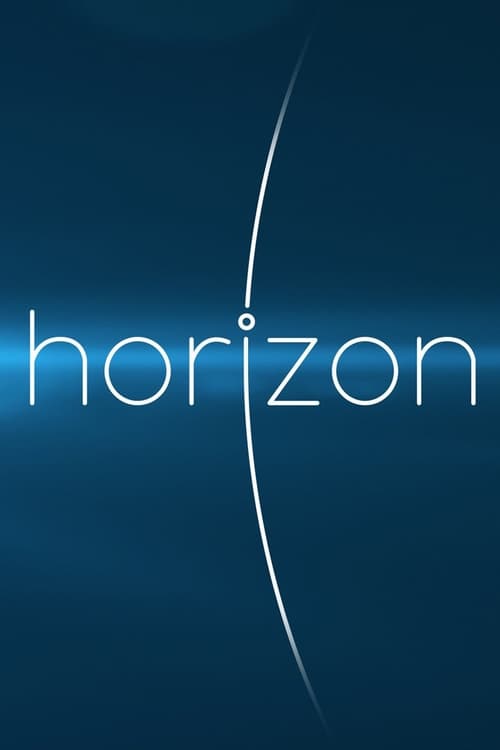
Horizon
Horizon tells amazing science stories, unravels mysteries and reveals worlds you've never seen before.
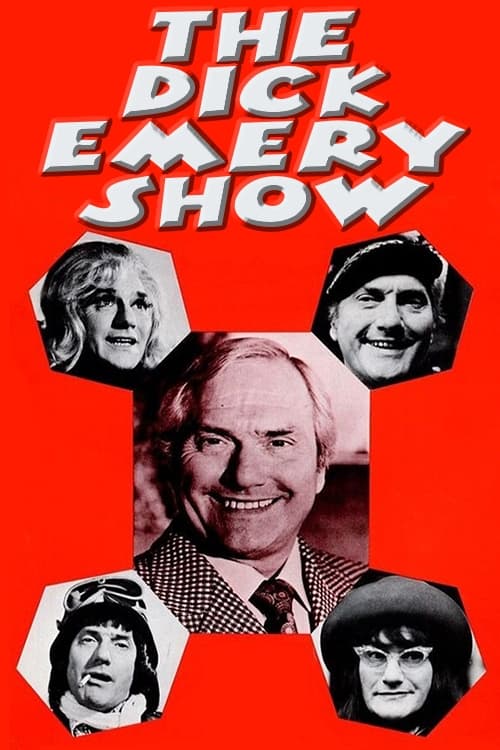
The Dick Emery Show
A British sketch comedy show broadcast on the BBC from 1963 to 1981, with frequent performers including Pat Coombs, Deryck Guyler, Roy Kinnear, Joan Sims and Josephine Tewson.
 0
0Password
Password was a panel game show based on the US version of the same name. It was orginally aired on ITV produced by ATV from 12 March to 10 September 1963 hosted by Shaw Taylor, then it aired on BBC2 from 24 March to 28 April 1973 hosted by Brian Redhead before moving to its flagship channel BBC1 from 7 January 1974 to 1976 first hosted by Eleanor Summerfield then by Esther Rantzen, it was then aired on Channel 4 produced by Thames from 6 November 1982 to 14 May 1983 hosted by Tom O'Connor and then finally aired back on ITV produced by Ulster from 22 July 1987 to 5 August 1988 hosted by Gordon Burns.
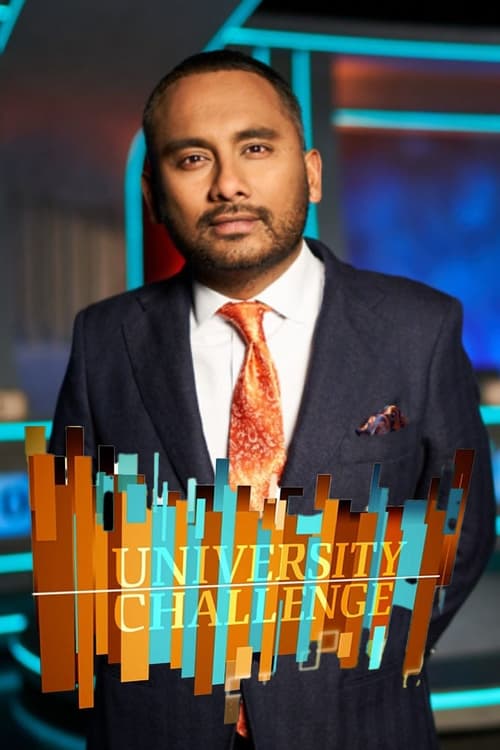
University Challenge
Academic quiz show where teams of students from UK universities answer questions on all manner of subjects.
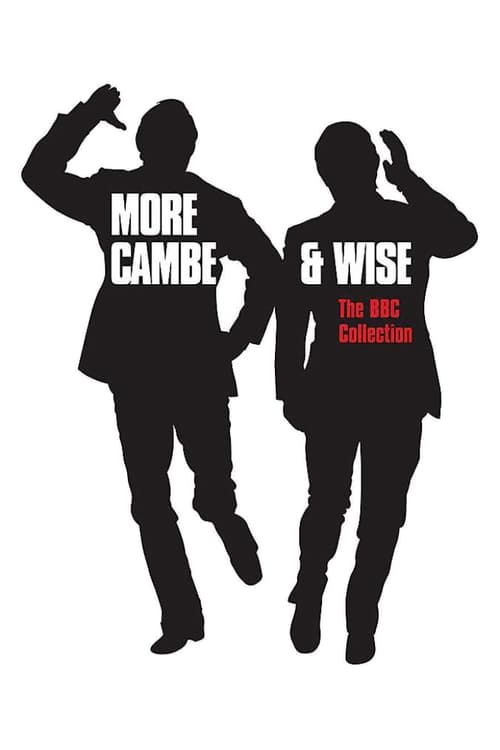
Morecambe & Wise
 0
0The Younger Generation
Eleven-part mini-series featuring an ensemble cast of up-and-coming acting talent, in plays by young authors, each actor or actress taking the lead role in turn.